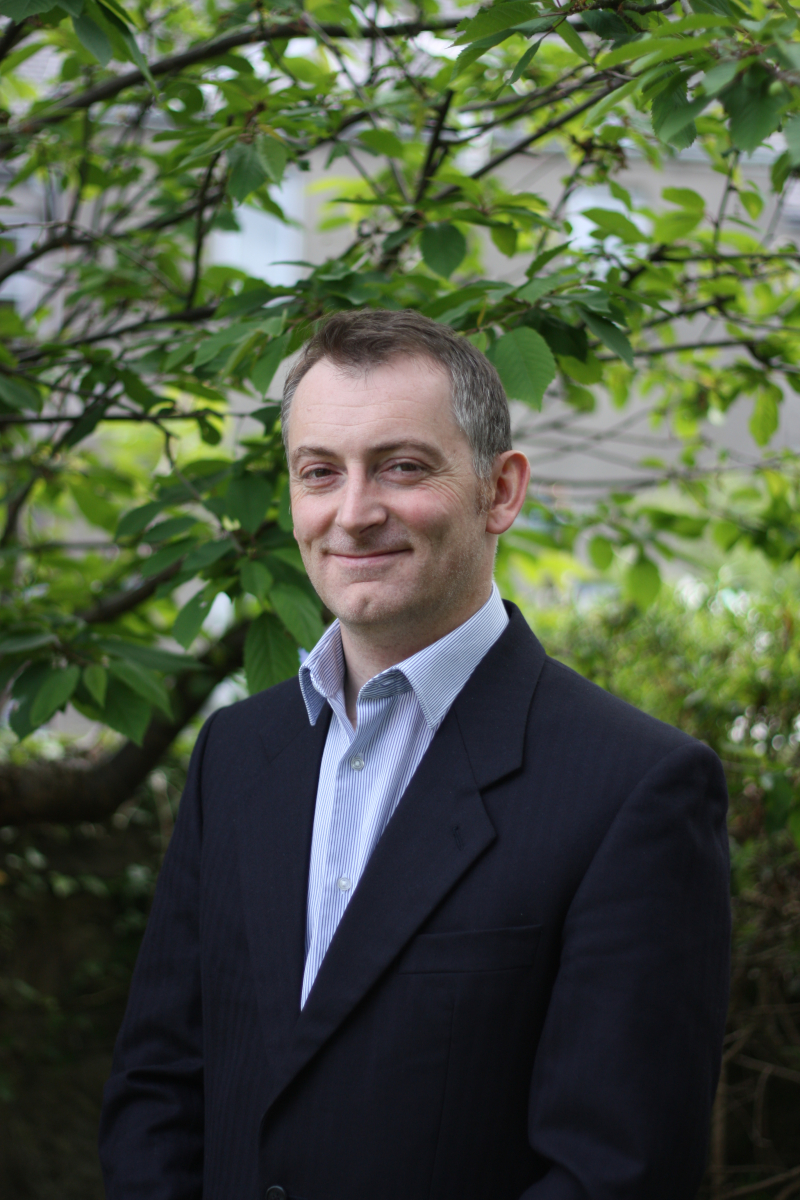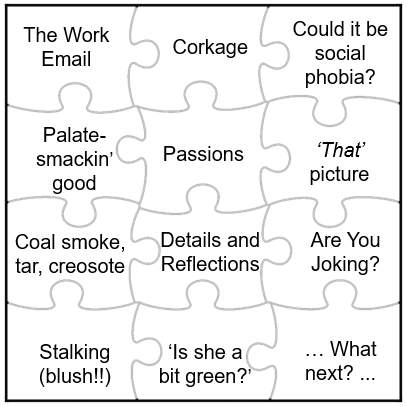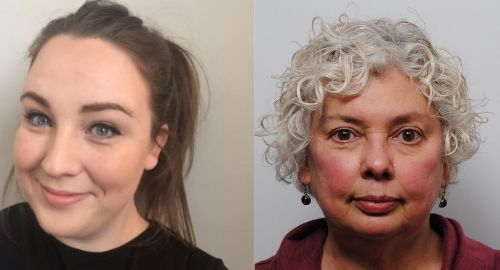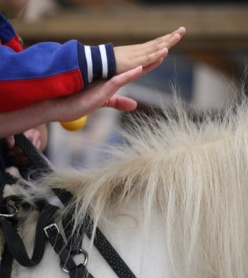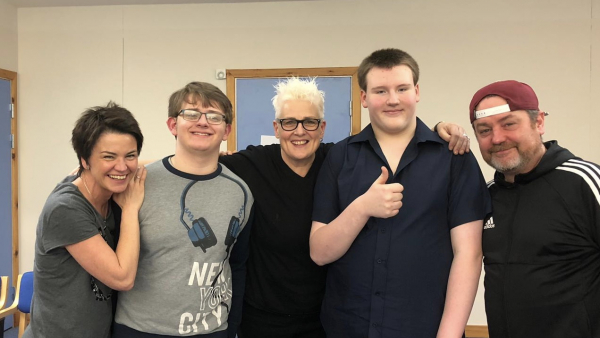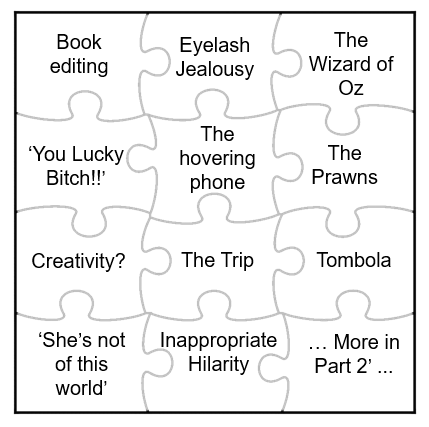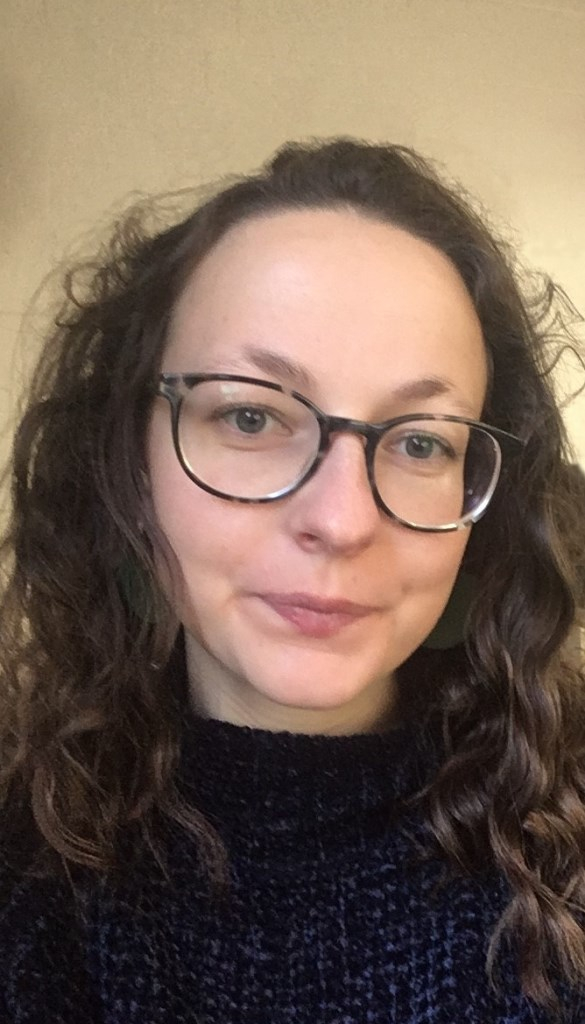Share Magazine Summer 2019
From the Editor - Joe Long
Welcome to the latest edition of Share magazine. In this issue we report on different ways of supporting the wellbeing and flourishing of autistic people. Historically autistic people have often been judged against non-autistic models of socialising or behaving, or subjected to interventions intended to fit people to these norms. The articles in this edition share a commitment to understanding the needs of autistic people and to enabling wellbeing on autistic terms – through considering autism in older age, personal reflections that can allow us to accommodate different thinking styles in the workplace, documenting sensory engagement in equine therapy, or celebrating the way in which music brings people happiness.
Last year Scottish Autism marked its 50th Anniversary. Many of the young people first supported by the Scottish Society for Autistic Children, as we were then called, are still supported in our services today. That first generation to receive a childhood autism diagnosis are now reaching retirement age. As health needs become more complex, and activities and care environments require change, we are only beginning to learn what the needs of autistic people might look like in older age. The recently opened Founders House in Alloa caters to a group of older autistic adults in Scottish Autism’s Services, the first of its kind. It will also provide a chance to learn what good support practice will look like for older autistic adults. In this edition of Share, Catherine Crompton and Cos Michael report on a project to better evidence best practice and to inform elder care services. This is particularly important given that many autistic people, particularly those without a diagnosis of additional intellectual disabilities, may be cared for in generic residential homes. With well-evidenced resources, the care workforce can be better equipped to support older autistic people to continue to achieve a good standard of wellbeing.
Many autistic adults remain without a diagnosis and increasing numbers are being diagnosed in adulthood. In her personal account of receiving an adult diagnosis, Jeanie Macfarlane recounts how she has retrospectively made sense of many workplace experiences and misunderstandings in the past. Her reflections provide important insights for ensuring that organisations such as Scottish Autism - as a neurodiverse workplace, as well as a service provider – are places in which all of us can thrive and accommodate each other’s communication and thinking styles.
If we are to place wellbeing at the heart of services for all autistic people, then programmes of support should not be focused on trying to get autistic people to replicate non-autistic norms of behavior or socialising, but instead focus on activities in which supported people are free to be themselves. Here Roslyn Malcolm’s article on EquineTherapy illustrates the ways in which practitioners use horse riding to find common bodily rhythms and tune in to autistic riders’ embodied responses to the environment.
This taps into many autistic people’s comfort in repeated actions, or ‘stimming’, rather than trying to quell them as some interventions have historically tried to do. Likewise, Jason and Jack’s reflections on music therapy workshops express the happiness that music can bring and the way that young people can flourish on their own terms if given the right opportunities to do so.
Our cover photo shows Alan Shepherd and Jim Glancy in their new home at Founders House in Alloa last year. Jim sadly passed away in December 2018 at the age of 64, having been supported by Scottish Autism since his childhood. He played a key role in developing a specialist service for older autistic adults, and loved the socialising and community that the environment at Founders House afforded. We therefore thought it appropriate to dedicate this issue of Share to Jim’s memory.
ISSN 2515-2335 (Online)

